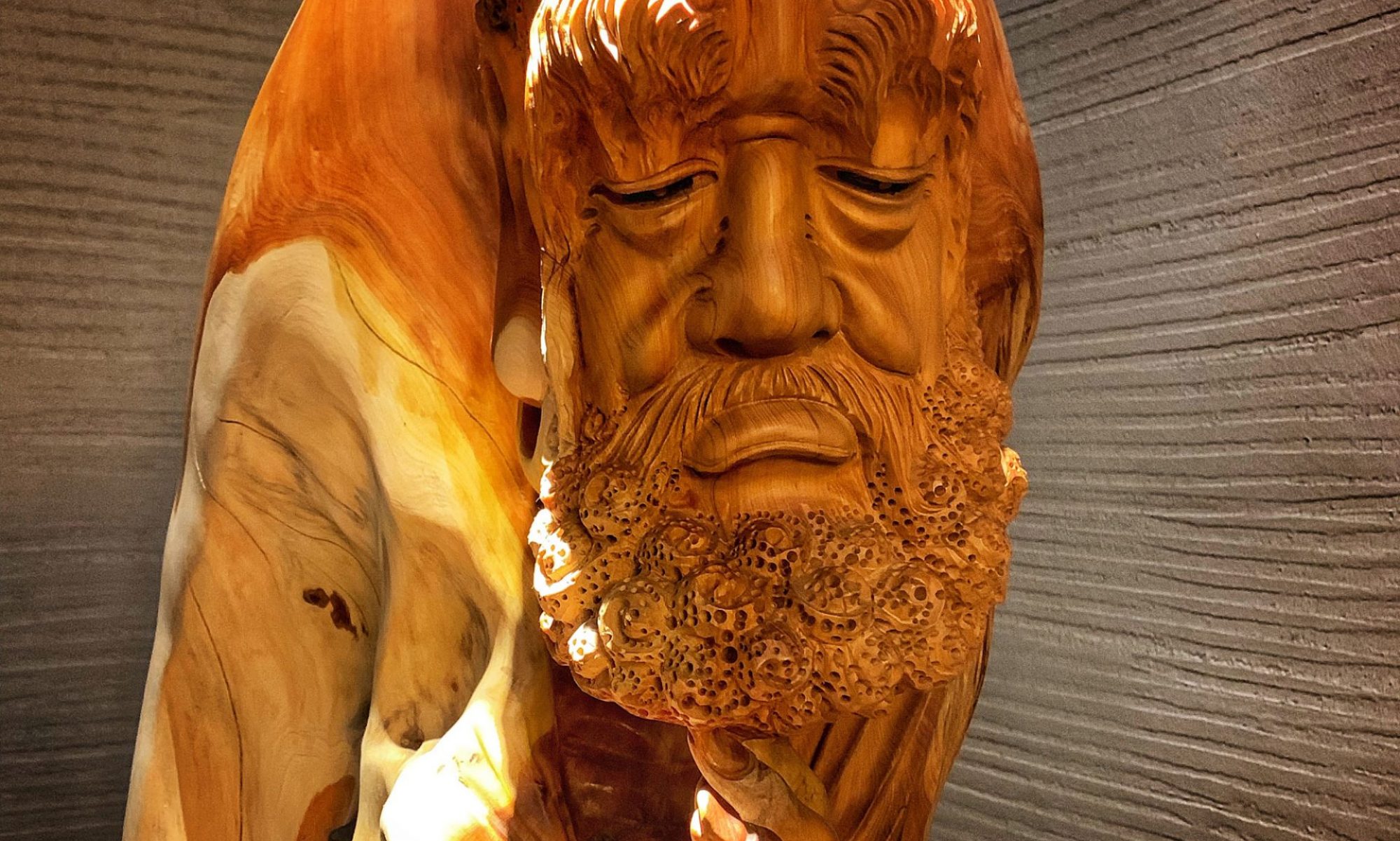
Will I rather choose peace or, to be right? In a situation where I am faced with a conflict, the first instinctive reaction which I would normally do is to defend myself and the only way to do that is to make another wrong. And to make another wrong is to attack them, not necessary through verbalization or action, but by a simply gesture of silence that will be potent enough to do the job. And I have learned it so well that when others do the same to me, I can practically feel what is going on in their mind; for it takes one to know another, doesn’t it?
So in such situation, how will I be able to arrive at peace? Moving away from the conflict is not a call for peace, as that action itself may bear resentment as its cause. And to stay on with the conflict is to feel what comes up in me – irritation, uncertainty, frustration, hopelessness – all its relatives of unpleasant feelings. Now here lies the dilemma – there is no difference between getting into or out of the situation as both have righteousness in it; and the end result is non-peace with myself.
I can cheat myself by saying that so long as I am not embroiled in the situation, I am at peace – but is there really, really peace, or merely a standby mode of defensiveness? I come to realize that I can’t do peace by merely wanting peace, or do right by merely wanting to be right. Both peace and being right are effects of what is already going on in my mind. Both have different causeways that finally make me experience either peace or being right. The processes that go on in my head, so to speak, directs me towards peace or being right. I can’t really lie to myself as what is in me is already showing telltale signs of either peace or righteousness even though I may think I am peaceful in my head. Listen to the heart and you will know what I mean. To listen to the head is not good enough to know what is going on in me. But when I listen to my heart, it tells a lot about me, or about the truth of what is going on in me.
Hence my teacher was wise to point out that he will choose understanding rather than peace. For when he understands what is truly occurring in the mind – the causes that lead him to being right or being at peace, the end result naturally unfolds itself, which is true peace. To him, the end result is none of his business as there is nothing he can do about it anyway. What he can do is to be with his mind at all times, watching the way it reacts or responds to a situation and there lies his understanding of the causes and effects of every experience. Be at the cause, and not the effect, he reminds me.
In other words, when I am being triggered by a situation, in this case – conflict, I stand in the space of learning – learning what is really occurring in the mind instead of making concluded judgments that kills the possibility of understanding. As such, I am called upon to be with whatever feelings that comes up in me, instead of hurryingly putting out the flames of its unpleasantness, and also to be with the thoughts that generate those feelings. In this way, I am able to see the co-relationship between thoughts and feelings, and how they finally arrive at its effect of peace or righteousness.
My inner inquiry is not one that is active, looking out for the solution, but rather a passive inquiry, far more potent than having the mind figuring out what is going on. By simply being with what is already here for me in my experience, I am opening up a potential space for understanding and wisdom to arise. To be with myself does not mean not handling the conflict. On the contrary, it helps me to resolve the conflict with peace by being true to what is in me first and in it I will see the reasons behind the meaning of conflict, its cause and its end, thus leading me to act skillfully, for my highest good and the good of the world. Hence, do I choose peace over righteousness, or choose understanding over both? It starts from me and it ends in me. There is no conflict out there except of my own.
